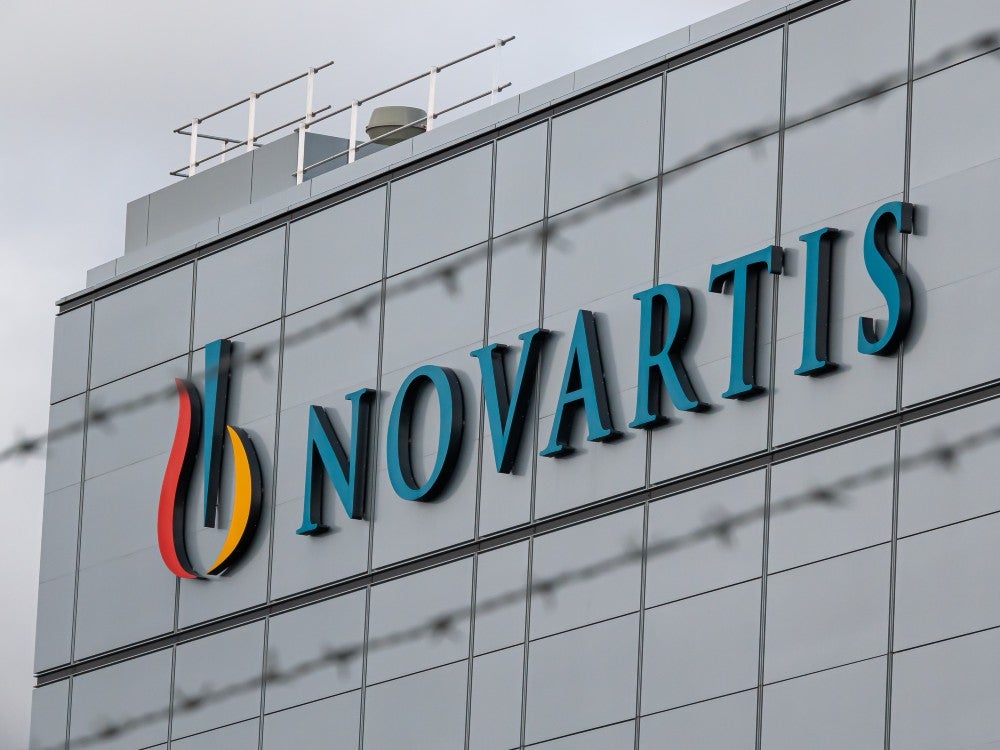On October 25, Novartis published a press release stating that the Phase III pivotal CANOPY-1 trial of Ilaris (canakinumab) in combination with Merck & Co’s programmed cell death protein (PD)-1 inhibitor, Keytruda (pembrolizumab), and platinum-based doublet chemotherapy in patients with previously untreated locally advanced or metastatic non-small cell lung cancer (NSCLC) did not meet its co-primary endpoints of overall survival (OS) and progression-free survival (PFS). However, Novartis will continue to examine Ilaris in the treatment of early-stage lung cancer, as top-line results show that clinically meaningful improvements in both endpoints were observed in pre-specified subgroups of patients with inflammatory biomarkers such as high-sensitivity C-reactive protein (hs-CRP).
Novartis’ human anti-interleukin-1β (IL-1β) monoclonal antibody, Ilaris, was previously studied in the prevention of recurrent cardiovascular events in post-myocardial infarction patients with elevated hs-CRP, who were at risk of developing inflammatory cancers, in the Phase III, pivotal CANTOS trial. Significantly lower death rates from lung cancer were observed among subjects in this trial after IL-1β inhibition, hence Ilaris was studied in both the neoadjuvant and adjuvant settings for the treatment of different stages of NSCLC in the CANOPY programme (three randomised Phase III trials and one Phase II trial). In March of this year, Novartis endured its first setback after the Phase III CANOPY-2 trial of Ilaris, in combination with docetaxel chemotherapy in patients with locally advanced or metastatic NSCLC who progressed on platinum-based chemotherapy and PD-1 inhibitor, failed to meet its primary endpoint.
Although the CANOPY-A trial is currently recruiting patients in the adjuvant setting, the recent approval by the FDA of Roche’s Tecentriq (atezolizumab) in this setting pushes Ilaris further down the pecking order and realistically leaves the Phase II CANOPY-N trial of Ilaris in the neoadjuvant setting as the most likely pathway for Ilaris to penetrate the NSCLC market.
Key opinion leaders (KOLs) support the rationale of combining an anti-angiogenesis agent such as Ilaris with immunotherapy to potentiate efficacy and overcome chemoresistance. Given the immune checkpoint inhibitor (ICI)-dominated nature of the NSCLC space in the eight major markets (8MM) (the US, France, Germany, Spain, Italy, the UK, Japan and China), some of the most promising pipeline drugs are those that combine with already marketed ICIs such as Keytruda. Ilaris and Eisai’s Lenvima (lenvatinib mesylate) are pipeline agents that are both likely to be marketed in combination with Keytruda in the US by 2024. According to GlobalData’s patient-based NSCLC forecast, Ilaris’ and Lenvima’s sales in the US in the first-line setting are expected to reach $103m and $63m, respectively, by 2029 if approved. If the two trials are able to demonstrate efficacy by adding synergistic or additive benefits compared to immune checkpoint blockade, these combinations will become a viable therapeutic strategy in the neoadjuvant setting.

US Tariffs are shifting - will you react or anticipate?
Don’t let policy changes catch you off guard. Stay proactive with real-time data and expert analysis.
By GlobalData





